International
Brazil’s Bolsonaro blocking critics on social media: HRW

AFP
Human Rights Watch accused Brazilian President Jair Bolsonaro Thursday of violating the right to free speech by blocking critics on social media, where the far-right leader maintains a heavy presence.
At least 176 journalists, lawmakers, influencers, ordinary citizens and others deemed critical of the president have had their access to his accounts blocked, mostly on Twitter, the New York-based rights group said in a report.
Bolsonaro “is trying to rid his social media accounts of people and institutions that disagree with him and turn them into spaces where only applause is allowed, part of a broader effort to silence or marginalize critics,” HRW’s Brazil director, Maria Laura Canineu, said in a statement.
The group noted that in the United States, an appeals court ruled in 2019 that Bolsonaro’s political role model, then-president Donald Trump, could not block critics from his Twitter account because that violated their constitutional right to free speech.
Bolsonaro, who has built his political brand largely around his fiery social media screeds, has around seven million followers on Twitter, 14 million on Facebook — where he hosts a weekly live address — and 18.6 million on Instagram.
Human Rights Watch said Bolsonaro was also violating the right of access to information of those concerned.
It said it is itself among the organizations blocked by Bolsonaro, along with leading online news site UOL, investigative site The Intercept Brasil and fellow rights group Amnesty International.
Brazilian Communications Minister Fabio Faria said it was the president’s right to block people.
“Official government accounts are one thing, but Jair Bolsonaro’s personal, individual accounts are another,” he said.
Bolsonaro claims his own right to free speech is regularly violated on social media, where he has had posts deleted on grounds of spreading fake news.
International
Death toll from southern Spain train crash rises to 40
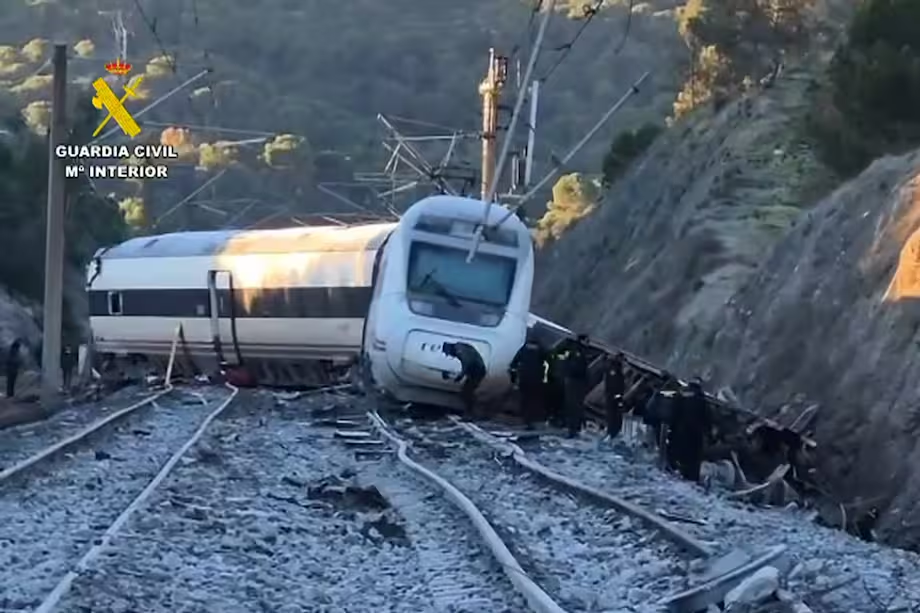
The death toll from the train accident that occurred on Sunday in southern Spain has risen to 40, according to investigative sources cited by EFE on Monday afternoon.
Since early Monday, search operations have focused on the damaged carriages of a Renfe train bound for Huelva, which collided with the last derailed cars of an Iryo train traveling from Málaga to Madrid after it left the tracks.
The crash has also left more than 150 people injured. Of these, 41 remain hospitalized, including 12 in intensive care units at hospitals across the Andalusia region.
More than 220 Civil Guard officers are working at the site, searching the railway line and surrounding areas for key evidence to help identify victims and determine the causes of the accident.
The tragedy has revived memories of the deadliest railway disasters in Europe in recent decades. In Spain, the most severe occurred on July 24, 2013, when an Alvia train derailed near Santiago de Compostela, killing 80 people and injuring 130 others.
At the European level, the worst rail disaster took place on June 3, 1998, in Eschede, northern Germany, when a high-speed train struck a bridge pillar at 200 kilometers per hour, resulting in 98 deaths and 120 injuries.
International
Spain’s Prime Minister pledges transparency after train crash kills at least 39
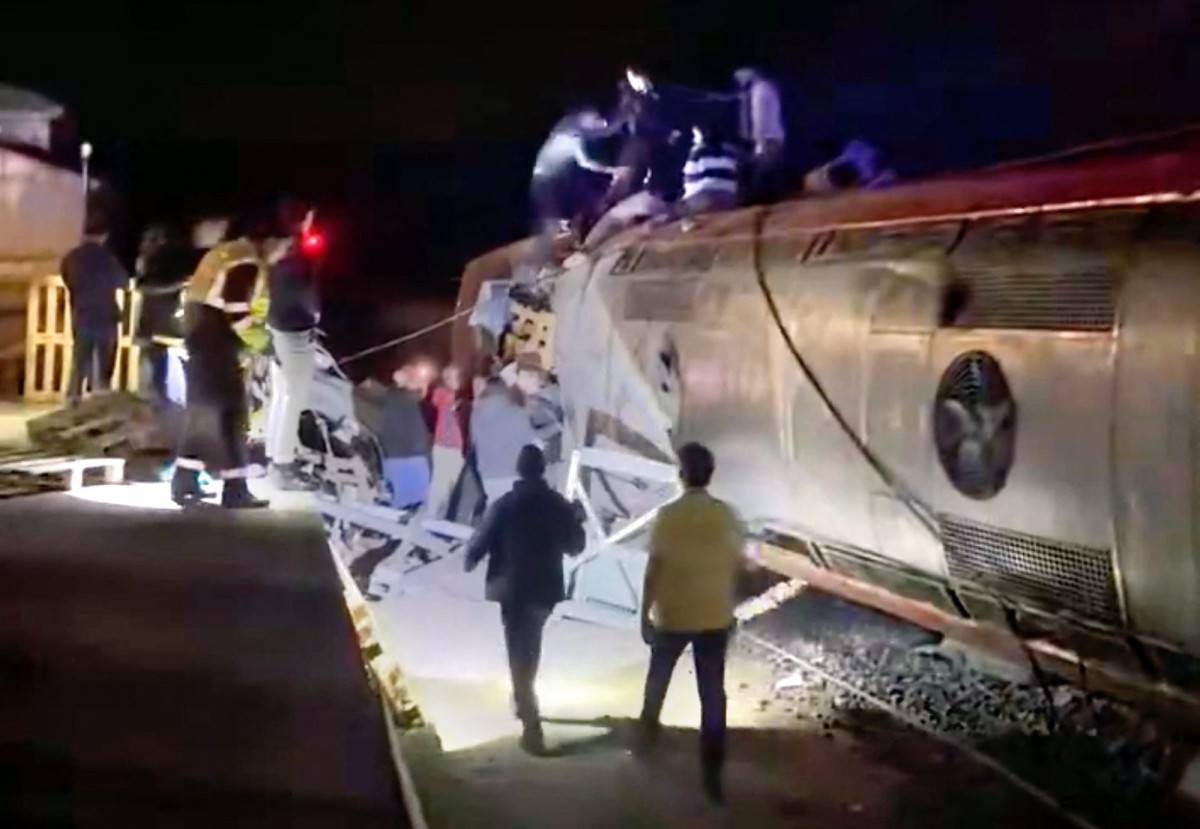
Spanish Prime Minister Pedro Sánchez pledged on Monday to ensure “absolute transparency” regarding the causes of a train crash that killed at least 39 people on Sunday in southern Spain, warning that the death toll could still rise.
The fatal accident occurred in the Andalusia region, where the number of confirmed deaths reached 39 by Monday morning, according to a spokesperson for the Ministry of the Interior.
Authorities were preparing to deploy heavy machinery to lift several derailed train cars. “We are waiting for cranes to be installed this morning to lift cars one, two and three of the Alvia train, which suffered the most damage,” said Andalusian regional president Juanma Moreno Bonilla on regional television. “It is likely that once they are lifted, we may find more victims,” he added.
The disaster also left more than 120 people injured. As of Monday afternoon, 43 victims remained hospitalized, including 12 in intensive care, according to emergency services.
International
Over 160 christian worshippers kidnapped in Kaduna Church attacks

More than 160 Christian worshippers were abducted on Sunday during coordinated attacks carried out by armed gangs on two churches in a remote village in Kaduna State, northern Nigeria, according to a cleric and a United Nations report accessed by AFP on Monday.
Nigeria, Africa’s most populous nation, has witnessed a renewed surge in mass kidnappings since November, prompting the United States government to carry out military strikes on Christmas Day in the northwestern state of Sokoto.
U.S. President Donald Trump accused Nigerian armed groups of targeting Christians, describing the violence as a form of “genocide” against the religious community.
According to Reverend Joseph Hayab, president of the Christian Association of Nigeria in the north, the attackers arrived in large numbers, blocked access to the churches, and forced worshippers to flee into nearby forests.
“The attackers came in large numbers, sealed off the entrances to the churches, and drove the faithful into the bush,” Hayab told AFP.
-

 International2 days ago
International2 days agoU.S. deportation flight returns venezuelans to Caracas after Maduro’s ouster
-

 International4 days ago
International4 days agoUkraine declares nationwide energy emergency amid russian attacks and extreme cold
-
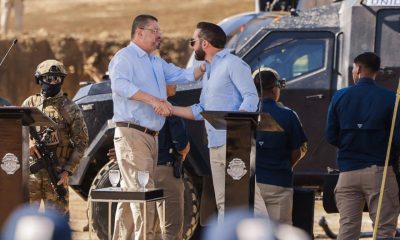
 Central America5 days ago
Central America5 days agoBukele warns crime can become a ‘parallel government’ during visit to Costa Rica
-

 International4 days ago
International4 days agoX moves to block Grok from creating sexualized images of real people amid legal scrutiny
-

 International4 days ago
International4 days agoIran closes airspace amid U.S. threats and deadly nationwide protests
-

 International4 days ago
International4 days agoHillary Clinton skips Epstein inquiry as house panel threatens contempt charges
-
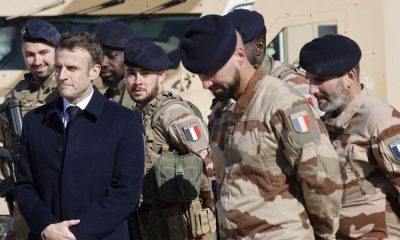
 International4 days ago
International4 days agoFrance joins Denmark’s ‘Operation Arctic Resistance’ in Greenland amid U.S. tensions
-

 Central America1 day ago
Central America1 day agoGuatemala prison uprisings leave 46 guards held by gangs
-
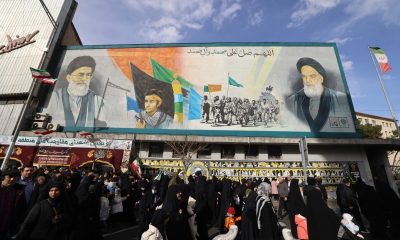
 International3 days ago
International3 days agoCanada accuses Iran of killing its citizen during anti-government unrest
-

 International4 days ago
International4 days agoU.S.–Denmark tensions escalate as Trump pushes NATO to back U.S. claim on Greenland
-
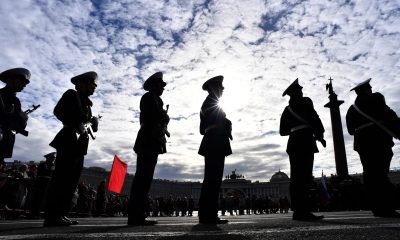
 International4 days ago
International4 days agoUK Intelligence estimates russian casualties in Ukraine at over 1.2 million
-
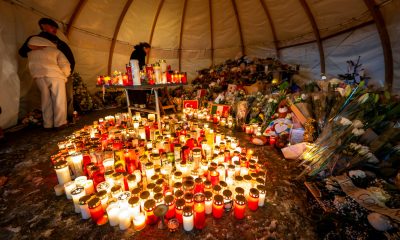
 International4 days ago
International4 days agoSwiss Canton of Valais Grants Emergency Aid to Victims of Crans-Montana Bar Tragedy
-

 International3 days ago
International3 days agoSheinbaum highlights anti-drug gains after U.S. says challenges remain
-

 International5 days ago
International5 days agoU.S. to suspend visa processing for applicants from 75 countries
-

 International1 day ago
International1 day agoChile declares state of catastrophe as wildfires rage in Ñuble and Biobío
-

 International2 days ago
International2 days agoFormer South Korean President Yoon sentenced to five years in prison
-

 Central America3 hours ago
Central America3 hours agoGuatemala raises police death toll to nine after gang violence escalates
-

 International3 hours ago
International3 hours agoDeath toll from southern Spain train crash rises to 40
-

 International3 hours ago
International3 hours agoOver 160 christian worshippers kidnapped in Kaduna Church attacks
-

 International3 hours ago
International3 hours agoSpain’s Prime Minister pledges transparency after train crash kills at least 39


























